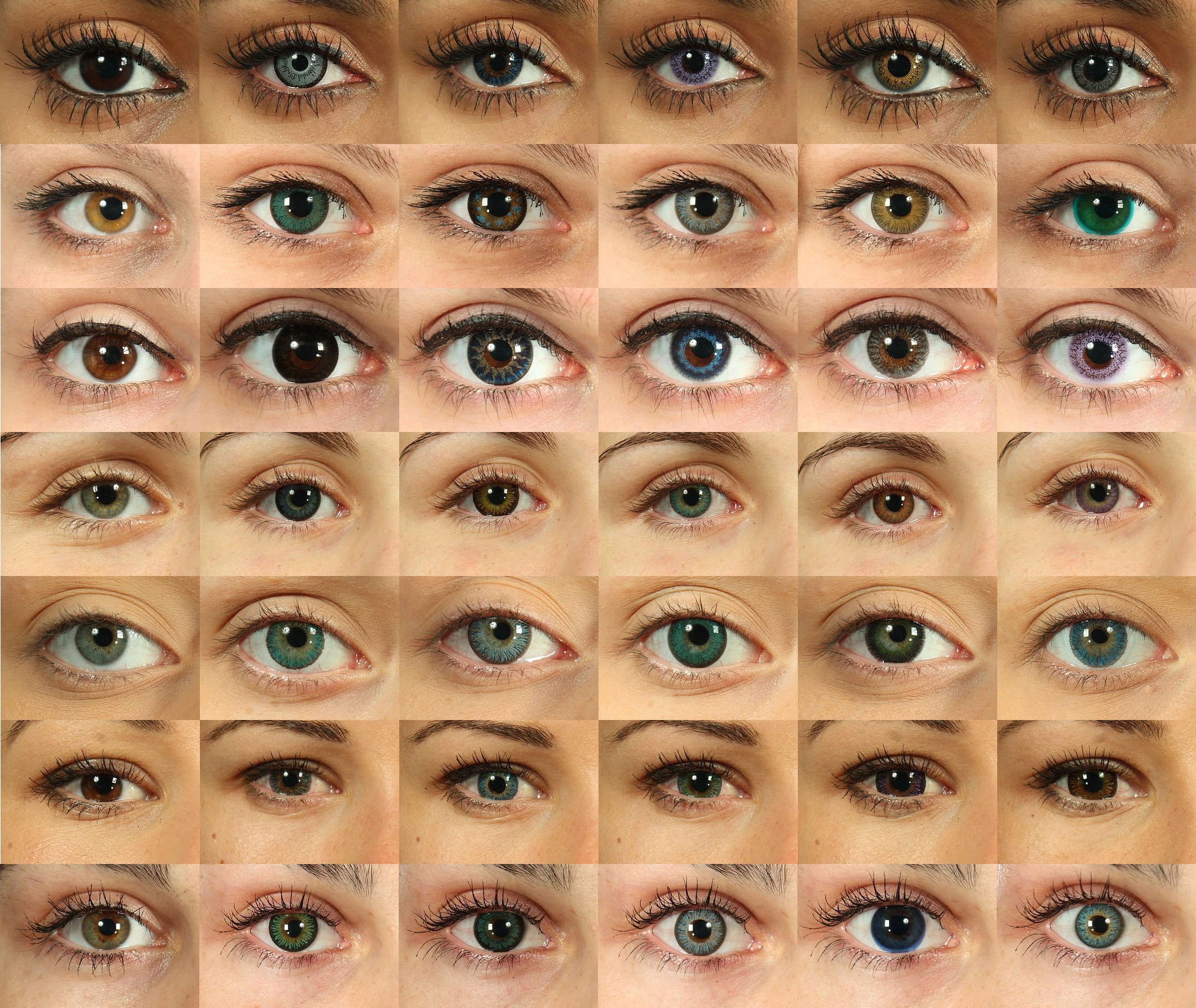The Eyes Have It
© 2011, Rabbi Menachem Creditor
Beyond the physical process of observation there is the experience of 'seeing.'
This thing called seeing includes, among many things, perceiving, knowing, understanding, and interpreting. Stephen Covey's teaching is therefore essential: 'Two people can see the same thing, disagree, and yet both be right. It's not logical; it's psychological.'
One thing can be seen in as many ways as there are observers. Not only must we ask how can "the truth" of any experience be communicated to someone who wasn't there; we must pause to consider whether fellow observers can communicate even with each other, given their inherently different impressions of the shared happening? And it is urgent that the world considers these questions, as politicians and political forces increasingly claim clarity, and castigate "others" who don't see the "obvious truth." As Paul McCartney and John Lennon put it in 1968:
"Try to see it my way / Only time will tell if I am right or I am wrong. / While you see it your way, there's a chance that we might fall apart before too long."
"Before too long" feels frighteningly soon. There is a difference between varying visions of the world and power-seeking human beings with competing absolute-truth-claims. The former is akin to the ancient rabbinic teaching that at Mount Sinai everyone heard a different voice of God, and the latter is a tragic misperception of the universe, one which easily gives way to physical violence.
We must try to imagine the world through someone else's eyes. But is that even a possibility?
The first step towards sharing varying experiences of the world is the acknowledgement that your eyes are different from everyone else's. The truth as you experience it is no less true that someone else's. Some label this approach relativism, typically used as a discrediting term. But even "relativism" means many things, including the helpful concept that truth is always relative to some frame of reference. My very make-up, both physical (my eyes) and meta-physical (my heritage), determines what and how I see.
But looking straight into someone's eyes transcends particular frames of reference. Eyes are beyond language, beyond culture. As Emanuel Levinas wrote: "..those eyes, which are absolutely without protection, the most naked part of the human body, none the less offer an absolute resistance to possession…" It is precisely the eye's nakedness that causes meeting another's gaze to be such an intense and inescapable moment of communication, beyond what even the best-chosen words can communicate. As Norma Desmond, the silent-film star in Andrew Lloyd Webber's musical "Sunset Boulevard" pours out:
"No words can tell the stories my eyes tell / Watch me when I frown, you can't write that down / You know I'm right, it's there in black and white / When I look your way, you'll hear what I say."
We glimpse, through the eyes of another human being, their soul. And we are forced to stop. For in catching a glimpse of another's soul one ultimately recognizes not their own soul, but rather an inherently kindred (yet, vitally, differentiated) reflection of the Divine Image. I see not myself in your eyes, not even you, but rather the possibility – the reminder! – that I and you are only two fragments of the Truth. When I am exposed to the Raw Source of It All, how can I but see that there is more to the universe than my sense of rightness?
I am so afraid when someone looks into my eyes. They see me. The only way to protect my vulnerable self is to hide from the world the Divine within me by closing my eyes. But I'd rather take the chance of seeing and sharing with someone else something beautiful, something unpredictable and grander than what I can imagine with my eyes closed.
---
Rabbi Menachem Creditor
Congregation Netivot Shalom || Bay Area Masorti || ShefaNetwork
Rabbi Menachem Creditor
Congregation Netivot Shalom || Bay Area Masorti || ShefaNetwork
